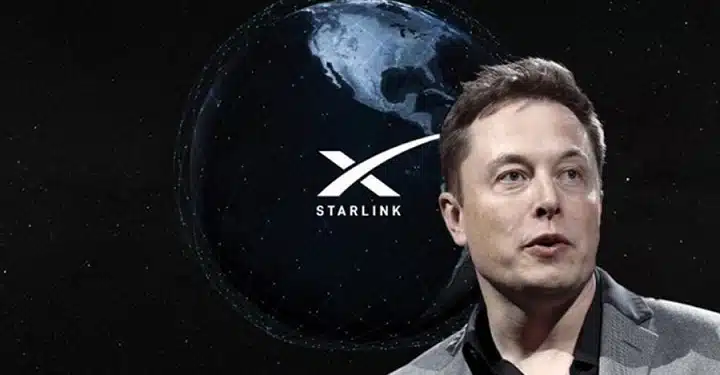South Africa is facing a potential policy shift as reports indicate that the government is considering granting Elon Musk’s Starlink a special exemption from Black Economic Empowerment (BEE) requirements. Currently, South Africa’s BEE laws mandate a minimum of 30% Black ownership in foreign telecom ventures operating in the country.
To facilitate Starlink’s entry without the need for equity transfer, the government is exploring an ‘equity equivalent’ programme. This regulatory alternative would allow companies to contribute to empowerment objectives through avenues such as skills development, enterprise support, or community investment.
This potential move could signify a departure from longstanding telecom regulations in order to attract foreign investors and improve diplomatic relations with the US. These laws are part of a broader economic transformation agenda aimed at addressing inequalities stemming from the apartheid era.
Starlink, operated by Musk’s SpaceX, has faced challenges in obtaining a South African license under the current regulations. Musk, who hails from South Africa, has been vocal in criticizing the BEE requirements as discriminatory. His supporters argue that these laws hinder innovation and restrict consumer access to global technologies like Starlink.
The reconsideration of these regulations comes following a recent diplomatic meeting between President Cyril Ramaphosa and former US President Donald Trump in Washington. The meeting, conducted as part of efforts to normalize US-South Africa relations, included tense moments as Trump raised discredited claims of a “white genocide” in South Africa.
Despite the push for Starlink’s entry, South Africa’s largest telco, Vodacom, has voiced support for the enforcement of BEE laws. The company emphasizes the importance of adhering to national regulations that promote inclusivity and address historical inequalities.
Critics of Starlink’s potential entry argue that it could limit consumer choice and impede efforts to bridge South Africa’s digital divide. As South Africa weighs its options, the decision is likely to set a precedent for how other African countries handle similar dilemmas. All eyes are on Pretoria to see whether policy consistency will prevail or if an exception will be made for one of the country’s most renowned expatriates.








